SakenowaRecord your sake experiences and discover your favorites
水芭蕉Mizubasho
Flavor Chart®
A chart created from flavor analysis of user comments.

Flavor Tags ®
Tags generated from flavor analysis of user comments.
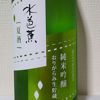
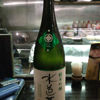
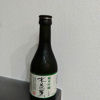
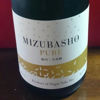
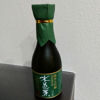
Popular Comments
Translated by 🍶🍶🍶🍶
This is my first time in Gunma prefecture😙.
It's a very refreshing and crisp summer sake 😀 It's not a habit and you can gulp it down 😇.
Japanese>English
Brands from Nagai Shuzo
Similar Brands
We analyze the flavors based on everyone's comments and select similar brands.
Location
713 Monzen, Kawaba, Tone-gun, GunmaOpen in Google Maps
Related Articles
「水芭蕉」を醸す永井酒造(群馬県)が日本酒を身近に感じてもらいたいと新商品「MIZUBASHO Artist Series」を9/10(木)より販売 | 日本酒専門WEBメディア「SAKETIMES」
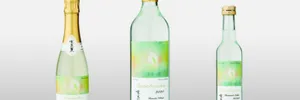 「水芭蕉」を醸す永井酒造株式会社(群馬県利根郡)は、9月10日(木)より、新商品「MIZUBASHO ArtiSAKETIMES | 日本酒をもっと知りたくなるWEBメディア
「水芭蕉」を醸す永井酒造株式会社(群馬県利根郡)は、9月10日(木)より、新商品「MIZUBASHO ArtiSAKETIMES | 日本酒をもっと知りたくなるWEBメディア群馬県・永井酒造の世界観を味わえる複合施設!テイスティングルームと醸造研究所を備えた「SHINKA」が、8/1(火)にオープン | 日本酒専門WEBメディア「SAKETIMES」
 永井酒造株式会社(群馬県川場村)は、永井酒造の世界観を体験できるテイスティングルームと醸造研究所を備えた複合施SAKETIMES | 日本酒をもっと知りたくなるWEBメディア
永井酒造株式会社(群馬県川場村)は、永井酒造の世界観を体験できるテイスティングルームと醸造研究所を備えた複合施SAKETIMES | 日本酒をもっと知りたくなるWEBメディア「ヴィーガン日本酒」は海外市場を切り拓くカギとなるか─ 永井酒造が“菜食先進国”に発信する日本酒の可能性 | 日本酒専門WEBメディア「SAKETIMES」
 2019年7月、「水芭蕉」で知られる群馬県・永井酒造は、「MIZUBASHO PURE」「水芭蕉 純米大吟醸SAKETIMES | 日本酒をもっと知りたくなるWEBメディア
2019年7月、「水芭蕉」で知られる群馬県・永井酒造は、「MIZUBASHO PURE」「水芭蕉 純米大吟醸SAKETIMES | 日本酒をもっと知りたくなるWEBメディアTimeline
Mizubasho純米大吟醸 翠

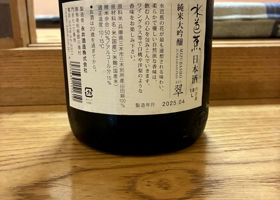
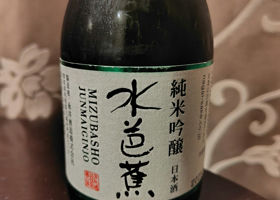
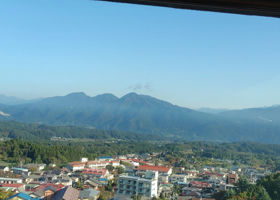
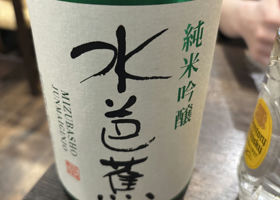
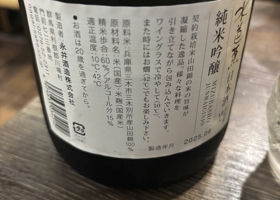
Bさく
extremely delicious
Japanese>English
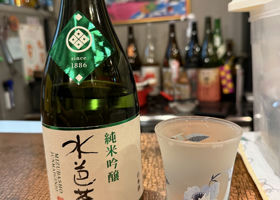
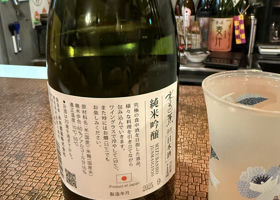
Mizubasho翠 純米大吟醸
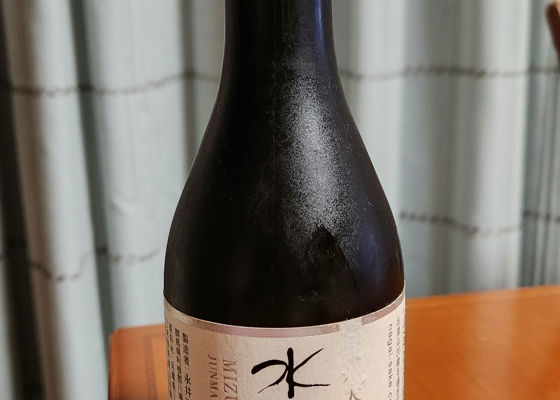
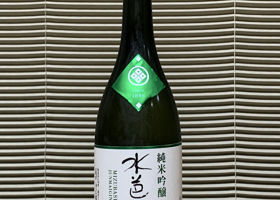
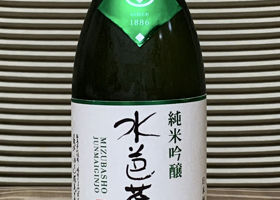
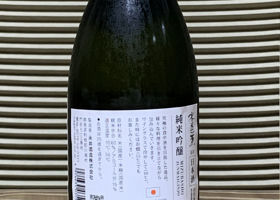
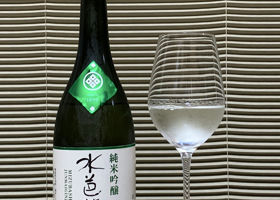
MuNe
Sake rice is Yamadanishiki (🌾)
Fruity ginjo aroma
Light, moderate sweetness and acidity on the palate
Slightly bitter aftertaste
No quirks, goes with everything 🍶✨.
Japanese>English
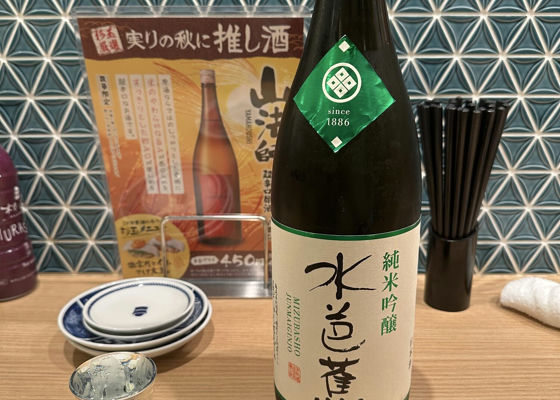
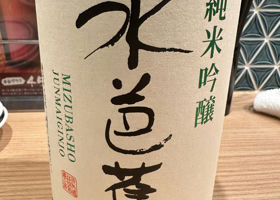
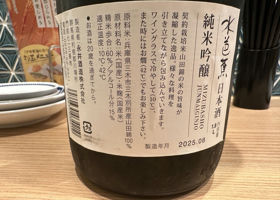
かずひろ
Slightly sweet and soft
Japanese>English
Mizubasho純米大吟醸 翠
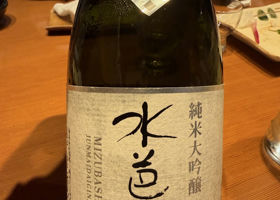
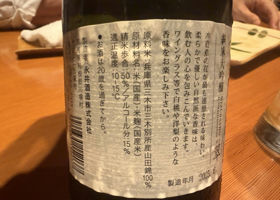
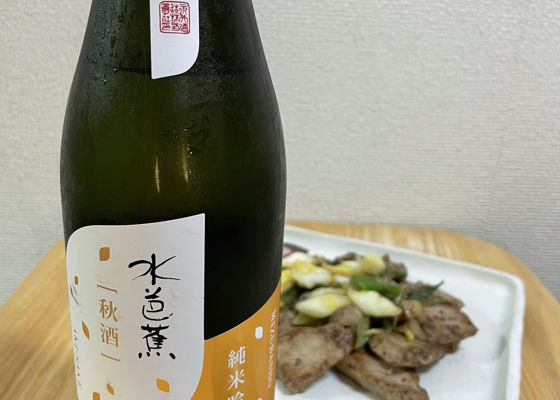
蜻蛉切
Ripe fruit type
I drank it cold first.
After that, I drank it at room temperature and it tasted even better.
Japanese>English
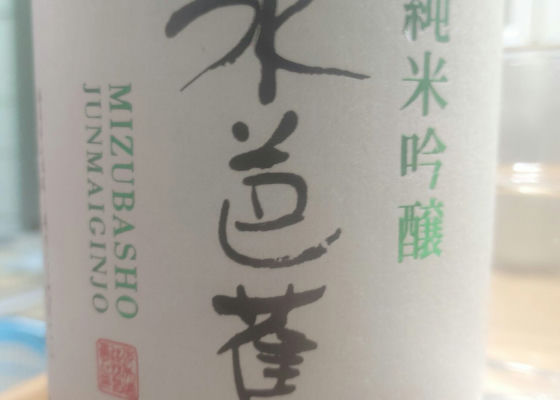
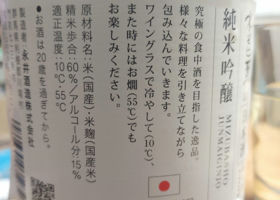
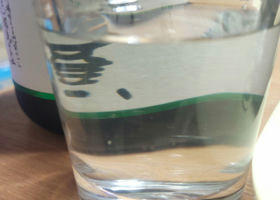
v2r
☆3.5
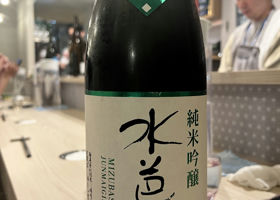
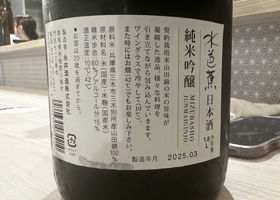
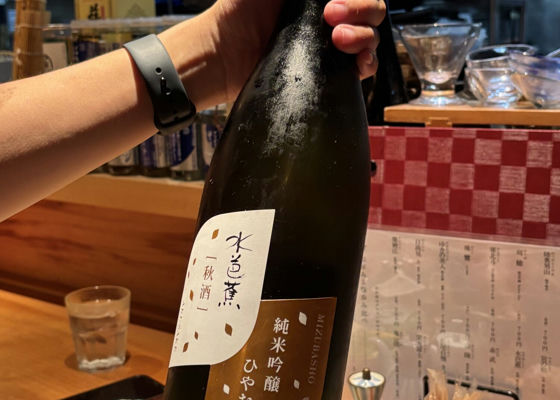
Mizubasho純米吟醸辛口スパークリング


もみじおろし
A-4
A refreshing sparkling wine with a solid sake taste. But it has a certain gravity. The high degree of alcohol content is rare.
Japanese>English
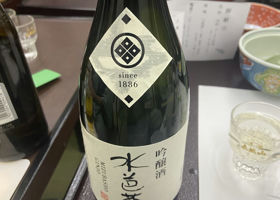
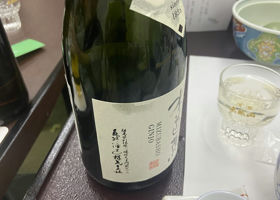
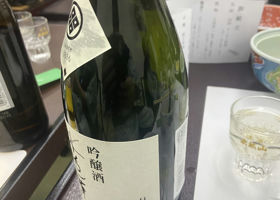
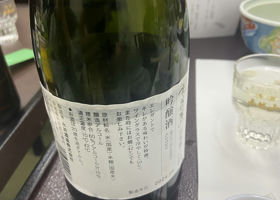
まも
Famous Sake from Numata area, Gunma Prefecture
Nagai Shuzo Mizubasho!
It is more of a luxury sake than a commoner's sake.
It's an easy-drinking sake that has been kneaded.
It's good 😋😋.
Japanese>English
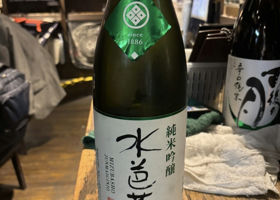
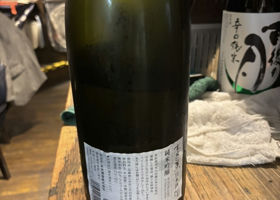
あいあい
Sweet and spicy with a fluffy aftertaste Sake
Japanese>English
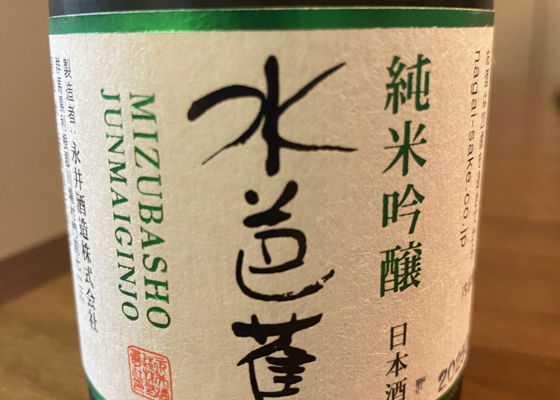
Hanet
Small bottle of 300. Elegant aroma. It has a delicious rice flavor and a crisp dry aftertaste. It is tasty and voluminous. I will repeat it.
Japanese>English
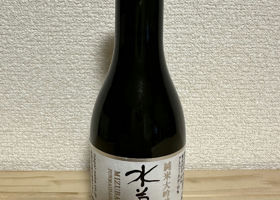
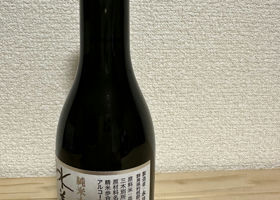
Mizubasho秋酒 純米吟醸 ひやおろし